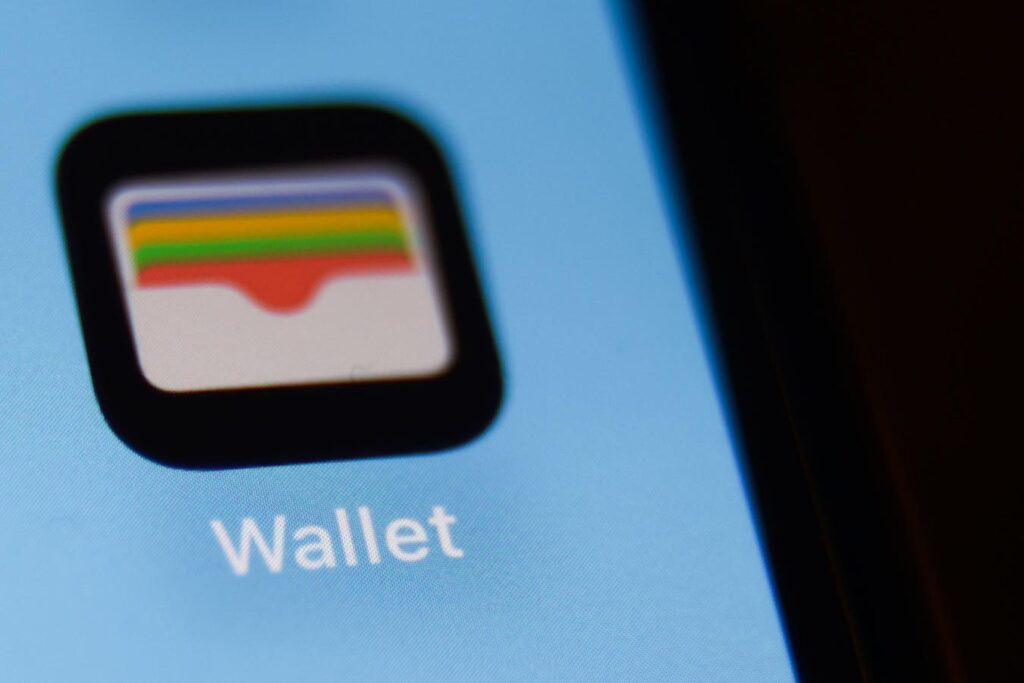The rise of digital wallets is not just a technological trend; it represents a significant shift in consumer payment preferences, reflected in the Global Payments Report for 2024 by Worldpay, which reveals that digital wallets have become the most favored payment method globally. As digital wallets now account for over 50% of global e-commerce and around 30% of global point-of-sale (POS) spending, translating to nearly $14 trillion in transactions, their influence continues to grow. A noteworthy projection suggests that this volume could soar to nearly $25 trillion by 2027, underscoring how digital wallets may have surpassed initial expectations and entered a phase of real penetration in the market following the 15 years since the advent of mobile technology.
However, despite the evident growth of digital wallets, the traditional credit and debit cards still remain integral to the ecosystem. This paradox raises questions about the adoption of alternative payment methods like Account-to-Account (A2A), Buy Now Pay Later (BNPL), and cryptocurrency. Although these alternatives are experiencing some growth, traditional card transactions are still at an all-time high, driving the adoption of digital wallets largely reliant on the existing card infrastructure. Therefore, while digital wallets are redefining the consumer experience, traditional payment methods continue to play a critical role behind the scenes in the settlement process.
To better understand the digital wallet landscape, it can be helpful to categorize the various types based on functionality and usage. In the U.S., popular examples have included PayPal, Apple Pay, and Starbucks App, among others. Experts delineate wallets into three main types—pass-through, staged, and stored—based on their operational mechanisms. Ansa’s Sophia Goldberg extends the analysis further by categorizing digital wallets based on what they store and where they are utilized, while Worldpay presents a more industry-focused breakdown distinguishing smartphone manufacturers, e-commerce platforms, fintechs, and banks as the primary forces driving digital wallet technology.
Big tech firms like Apple and Google dominate the current digital wallet landscape, yet recent regulatory pressures may create opportunities for smaller companies, referred to as Little Tech. Following Apple’s decision to open its near-field communication (NFC) transactions to app developers, several startups have started innovating in the wallet space, potentially democratizing access to wallet technology. However, despite these opportunities, traditional banks pose a significant challenge with the impending launch of Paze, a provider that will automatically enroll millions of users into a comprehensive digital wallet—underscoring the fierce competition between established financial institutions and emerging startups.
As Klarna, the prominent Buy Now Pay Later provider, plans a highly anticipated IPO and unveils its digital wallet, it is clear that the competitive landscape is shifting towards wallets being the central point of payment at checkout. This evolution may lead consumers to possess numerous digital wallets tailored to specific brands and services they frequent. For the success of these Little Tech players, however, a more adaptable and innovative infrastructure is necessary to allow brands to construct fully branded and customizable wallets without the underlying complexities of management.
In conclusion, while the transition to digital wallets appears largely favorable, traditional banking networks and major credit card companies hold significant advantages due to consumer preferences for security, trust, and rewards. This ongoing “wallet war” will challenge both established players and new entrants to meet the evolving demands of consumers, blending convenience with comprehensive payment options. As the digital wallet ecosystem continues to expand, it will shape the future of transactions and the broader fintech landscape, emphasizing collaboration and competition as key drivers in this rapidly advancing industry.

